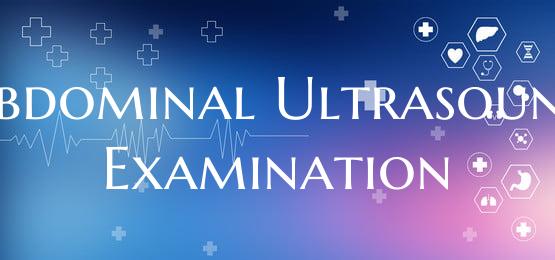
Abdominal Ultrasound Examination
An abdominal ultrasound examination is a non-invasive imaging test that helps healthcare professionals visualize and assess the organs within the abdomen. This procedure utilizes high-frequency sound waves to produce images of the structures like the liver, gallbladder, pancreas, kidneys, spleen, and the abdominal aorta. The diagnostic information obtained from an abdominal ultrasound can aid in the detection and diagnosis of various medical conditions affecting these organs.
One of the key benefits of an abdominal ultrasound examination is its ability to provide valuable insight into the internal structures of the abdomen without exposing the patient to ionizing radiation. This makes it a safe and widely used diagnostic tool, especially for evaluating conditions in pregnant women and children.
During an abdominal ultrasound, a transducer is moved over the abdomen, emitting sound waves that bounce off the internal organs and create real-time images on a screen. These images can reveal abnormalities such as tumors, cysts, blockages, inflammation, and other conditions that may be affecting the organs.
In the context of liver diseases, an abdominal ultrasound can help identify liver masses, liver cirrhosis, and assess the size and texture of the liver. For the gallbladder, it can detect the presence of gallstones or inflammation. Abdominal ultrasound is also valuable for evaluating kidney function, detecting kidney stones, and assessing conditions like hydronephrosis or cysts.
Furthermore, during pregnancy, abdominal ultrasound examinations are commonly used to monitor the growth and development of the fetus. This imaging modality allows healthcare providers to assess the placenta, amniotic fluid levels, and detect any fetal abnormalities.
In summary, abdominal ultrasound examinations play a crucial role in diagnosing a wide range of conditions affecting the abdominal organs. This non-invasive imaging technique is safe, efficient, and provides valuable information that can aid in the management and treatment of various medical conditions. By understanding the importance of abdominal ultrasound examinations, individuals can appreciate the role of this diagnostic tool in healthcare and the benefits it offers in evaluating abdominal health.